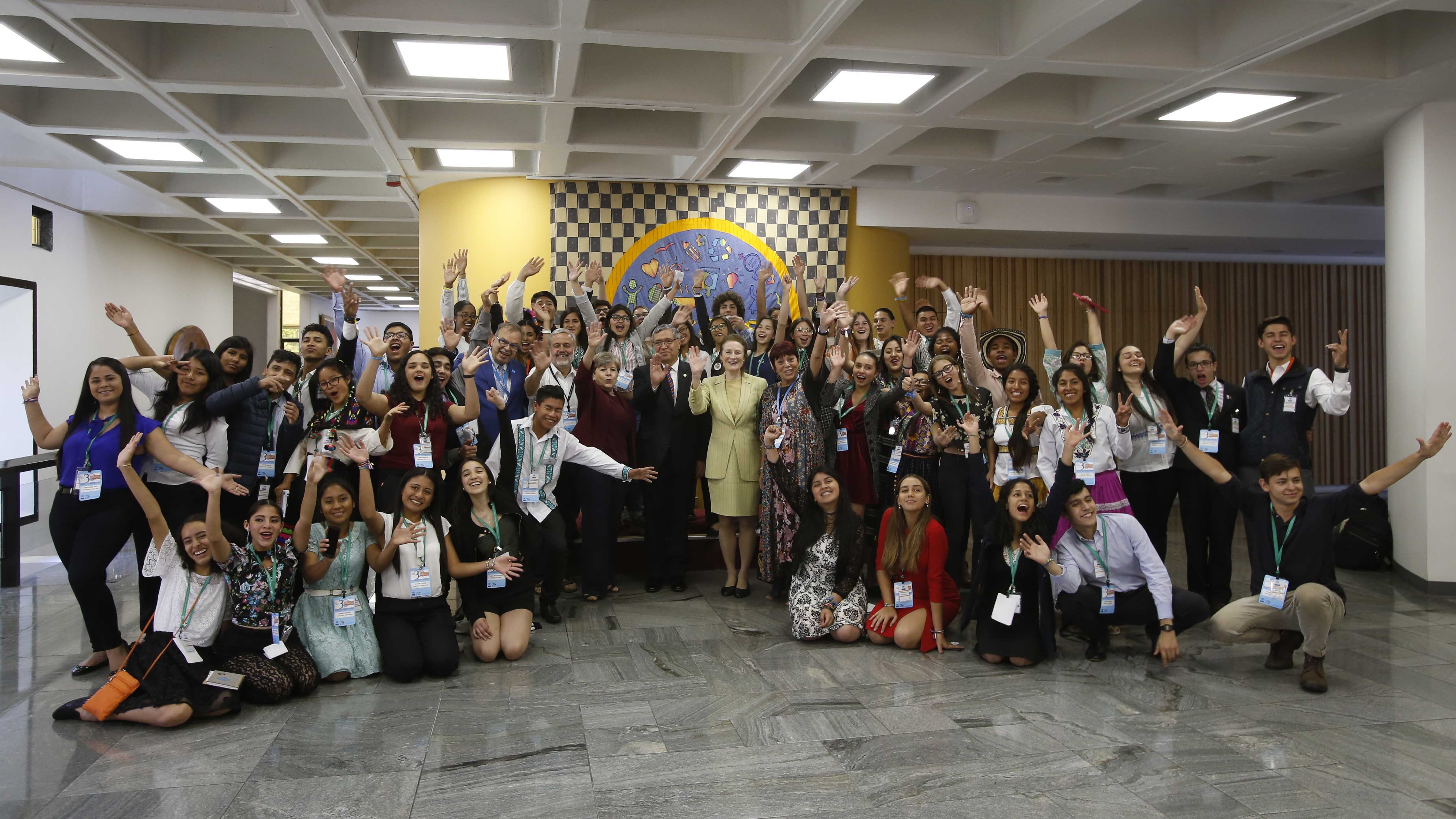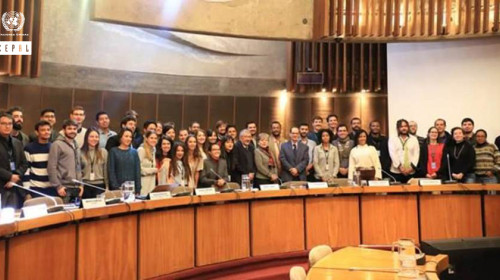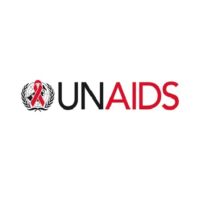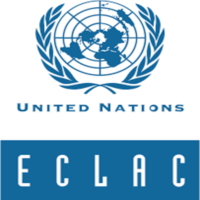The Economic Commission for Latin America and the Caribbean (ECLAC) is one of five regional commissions of the United Nations headquartered in Santiago, Chile. It was founded in 1948 with the purpose of contributing to the economic and social development of Latin America, coordinating actions directed towards this end, and reinforcing economic ties among countries and with other nations of the world.
ECLAC contributes to the implementation of the 2030 Agenda for Sustainable Development, through analytical and policy support on economic, social and environmental issues related to the 2030 Agenda and through customized capacity -building and technical advice activities by demand of its member States. Poverty eradication and the reduction of inequalities are central elements of the SDGs, and are key priorities for Latin America and the Caribbean and thus central to ECLAC’s research agenda and activities.
Training is an integral part of the technical cooperation that ECLAC offers its member countries, along with its interdisciplinary expertise and intergovernmental and multi-stakeholder regional platforms to support the fulfillment of this ambitious agenda in the region.







